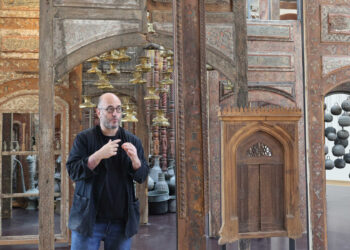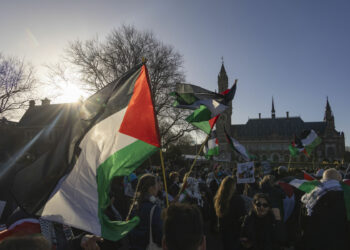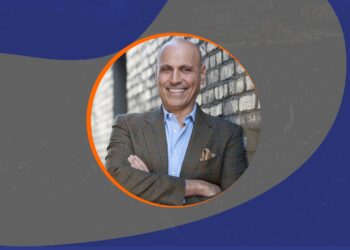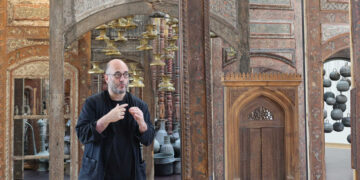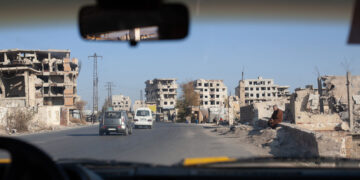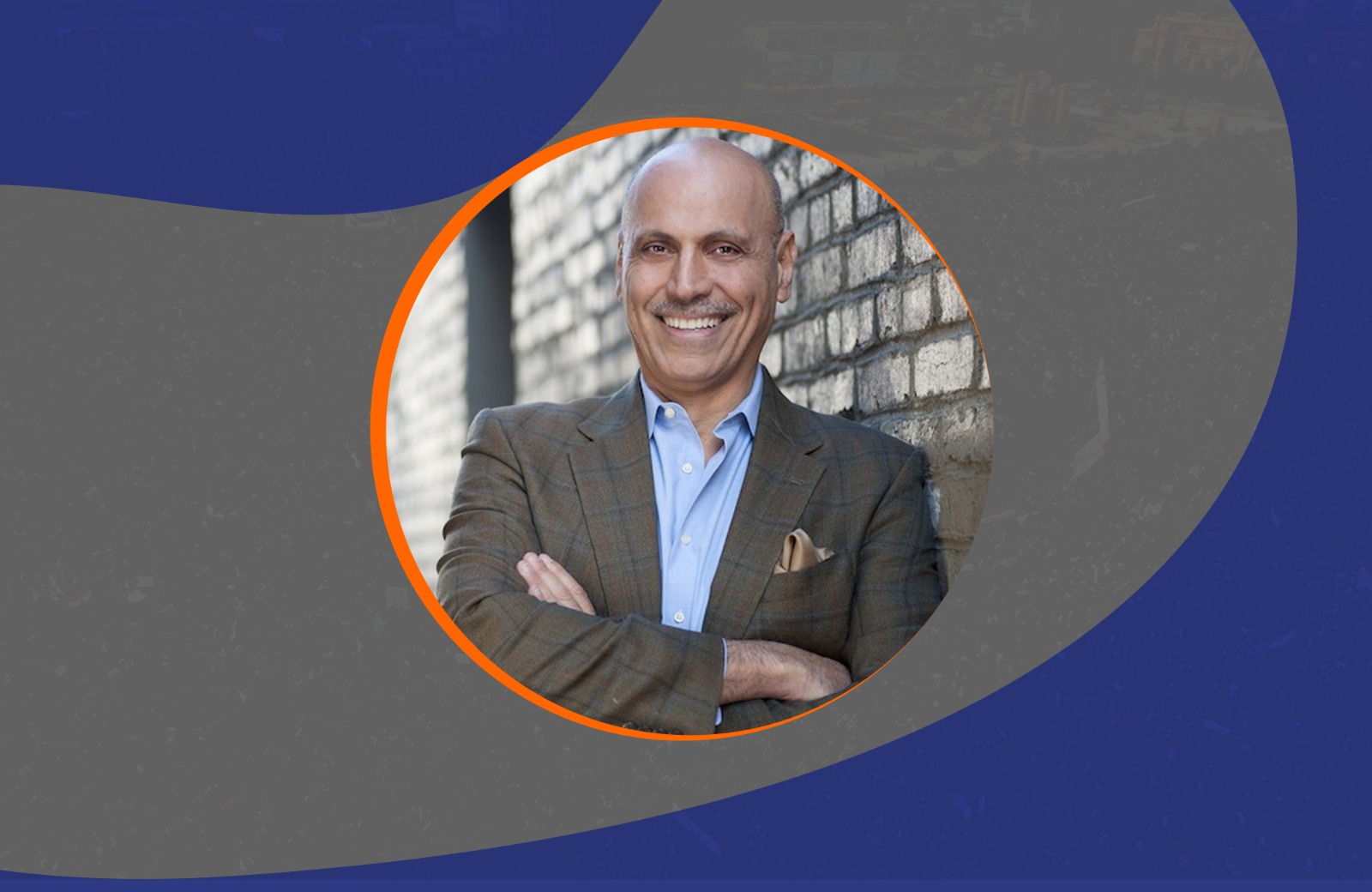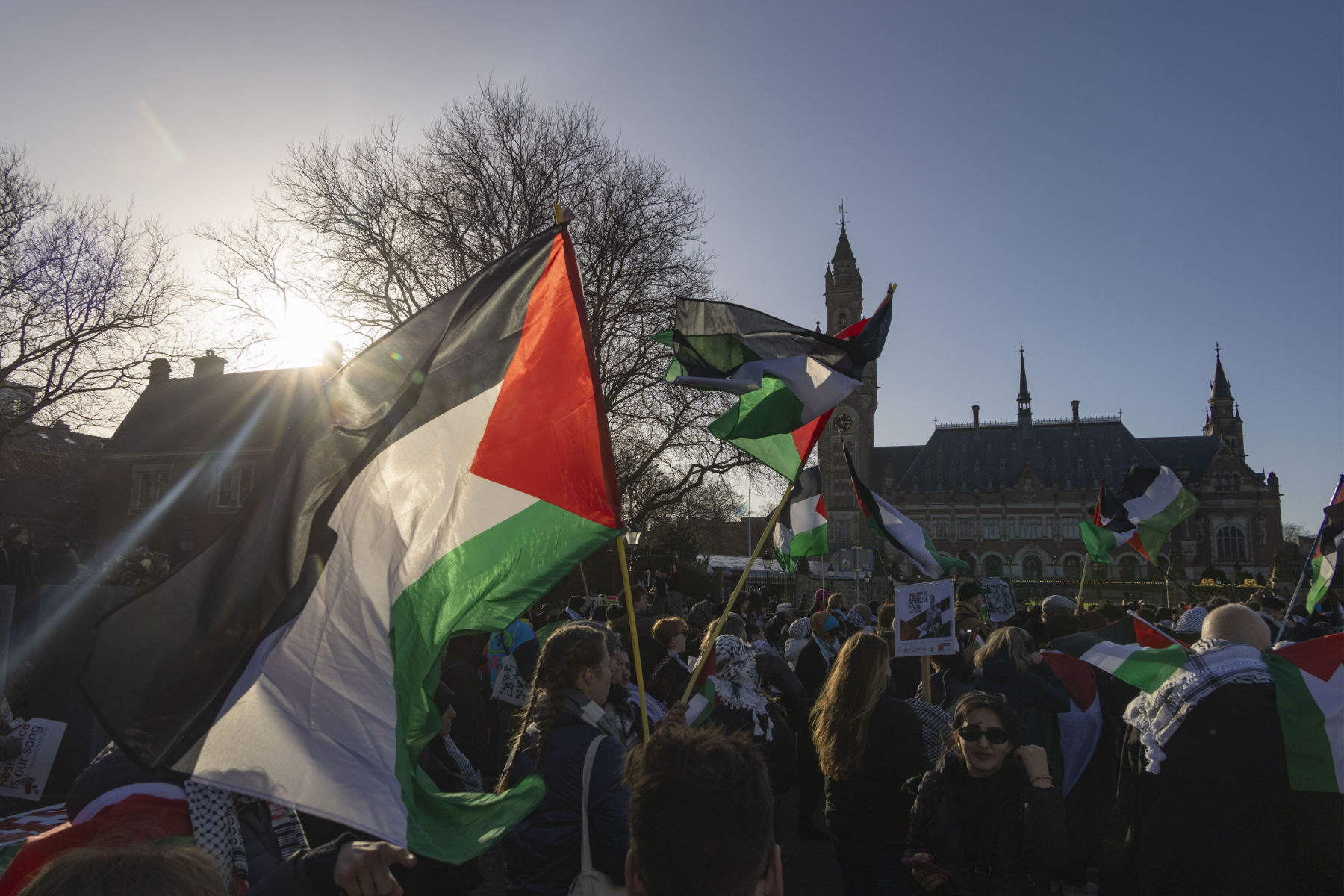Nasser Alaraby is a Saudi researcher focused on autocracy and democratic transformation in the Arabian Peninsula.
Nasser Alaraby is a Saudi researcher focused on autocracy and democratic transformation in the Arabian Peninsula..
In 1954, Nasser Al-Saeed and a number of citizens demanded that the Saudi government form a constitutional monarchy. A draft proposal of a preliminary form of a constitutional political system that would preserve the status of the ruling family, guarantee the rights of the people, and contribute to building a state of rights and institutions was drawn up.
Back then, the state was still in the infancy stage of the process of building a modern state. Thus, the cost of transformation was easier because most state institutions, barring small departments such as the Finance Office, the Ministry of Foreign Affairs, and the General Directorate of Education, had yet to take shape.
In that era, the local community was self-preoccupied, away from the influence and power of the state. Its livelihood depended on its daily struggle of herding, hunting, agriculture, and some trade. The state had not yet turned into an oil state even though stacks of iron and equipment from American oil companies were piling up on the coasts of the eastern region. Oil had no influence on the structure of the social system. Perhaps no one in the periphery had heard of oil.
The state was founded on the administrative offices, a legacy of the administrative structure in the Hejaz, as representatives of King Abdulaziz and his successors occupied these emerging government institutions, and, with time, these offices turned into a bureaucratic apparatus of the Ministry of Interior. Its main function is to supervise the local community, hold periodic meetings with some government agencies, and serve as a link between the center (the capital) and the peripheries.
It is also a citizens' point of reference on some issues. State institutions developed with King Saud and then Faisal, thanks to oil revenues that contributed to building government institutions and infrastructure projects such as electricity, water and roads.
Throughout the past decades, political administrative reform of any of the previous rulers up to the current crown prince was less keen on building a state governed by laws and institutions than on the rule of a single individual. It is as if political reforms were a luxury and not a critical necessity that shape the future of posterity.
There may have been maneuvers of playing the wild card of reform among the wings of the ruling family, as was the case with Saud, then Abdullah, and lastly Salman and his son Mohammed. Yet, these maneuvers were aimed at conferring, in the eyes of society, a deceptive legitimacy on a sham image of the next king. Saud had promised a number of reformers to transform the state into a constitutional monarchy, and this did not happen.
Then was the turn of King Abdullah who said to the late Dr. Abdullah Al-Hamid, Dr. Matrouk Al-Faleh, and Ali Al-Dumaini, known as the three reformists, when they were released, "Your vision (of a constitutional monarchy) is my vision".
Both parties passed away, and nothing came to fruition. Salman followed suit and fooled all reformists into believing that he was in such agreement with their vision that Dr. Ahmed Al-Tuwaijri wrote enthusiastically and with gullible confidence that King Salman is the restorer of the fourth Saudi state. Two years after, Al-Tuwaijri ended up in prison.
Why is political reform ineluctable? Is it aimed at building infrastructure and preserving people's riches? Definitely not. Money comes and goes, and infrastructure can slowly be built. Yet political reform is inevitable for the sake of the person who lives in this country or any country.
The psychology of individuals changes in despotic countries. Their state of mind and moral values change too. And, with time, they turn into strange beings susceptible of cheering on government decisions of oppression and organized crime. A person who lives in countries governed by regimes that terrorize their citizens is an abnormal and psychologically inapt citizen, fearful of facing up to the truth, and of running counter to the state's temper. That's why it is inevitable that they should keep pace with the political mood to the point of mirroring it.
Despotism results in great calamities, but the greatest and most odious of all is the dysfunctioning of a human being and the dwarfing of their role in life. Monotony takes over and kills creativity, thinking and urban development.
In tyrannical societies, competencies are damaged, and capabilities and great minds dwindle, giving way to opportunists, the corrupt and the tyrants' beneficiaries. Whoever is doomed to live in societies ruled by political oppression gets old before it's time.
Life turns gray, with perhaps little distinction between death and life. Nothing in these societies gives rise to hope. Psyches have been destroyed, souls distorted, and minds impaired. Such is a tyrant's ultimate goal – that of relegating their people into a herd, mere digits of little value.
Political reform is the highest priority, and there is no alternative to it, no matter how much the current government spends on spinning its image, firstly, to Western public opinion and, secondly, to local opinion.
The latter is of little worth from the viewpoint of Mohammed bin Salman, who is above society and who looks down upon it as a backward and reactionary society that needs to be modernized, developed, and socially engineered. We need twice the number of years that the tyrant spends in destroying a human being's mental and behavioral structure to restore this person's senses and good judgment.
A person who rejoices over the news of the murder of Journalist Jamal Khashoggi and the imprisonment of Loujain Al-Hathloul, Salman Al-Awda, Issam Al-Zamil, and Jamil Farsi is an outcome of a corrupt political upbringing. Therefore, if we want a sensible and sane person, we need to look for a just political system that adopts the model of the state of institutions and rights, not that of one ruler, who may be a criminal and will be brought to justice for crimes he committed due to his recklessness and ignorance.
The state of one ruler will inevitably lead to more destruction of the state's political and economic structure, but this is not what is troubling about it, even if this is inevitably happening now. The most critical and dangerous part is the destruction of the essence and being of a person whose moral values and behaviors are corrupt. These persons corrupted by the political system will bring about deluge and destruction to the state.
The best and clearest example is the current Saudi scene, starting from the head, Mohammed Ben Salman, passing through Saud Al-Qahtani, Al-Asiri, Mutreb, Al-Tabiqi, and the rest of the 20 persons involved in the assassination of the late Jamal Khashoggi as well as the profiteering hundreds who represent the new Saudi Arabia or the Great Saudi Arabia as they so like to dub it.
***
Photo caption: Saudi Arabia's Crown Prince Mohammad Bin Salman waits for a meeting with US Secretary of Defense James Mattis at the Pentagon March 22, 2018 in Washington, DC. / AFP PHOTO / Brendan Smialowski (Photo credit should read BRENDAN SMIALOWSKI/AFP via Getty Images)


















